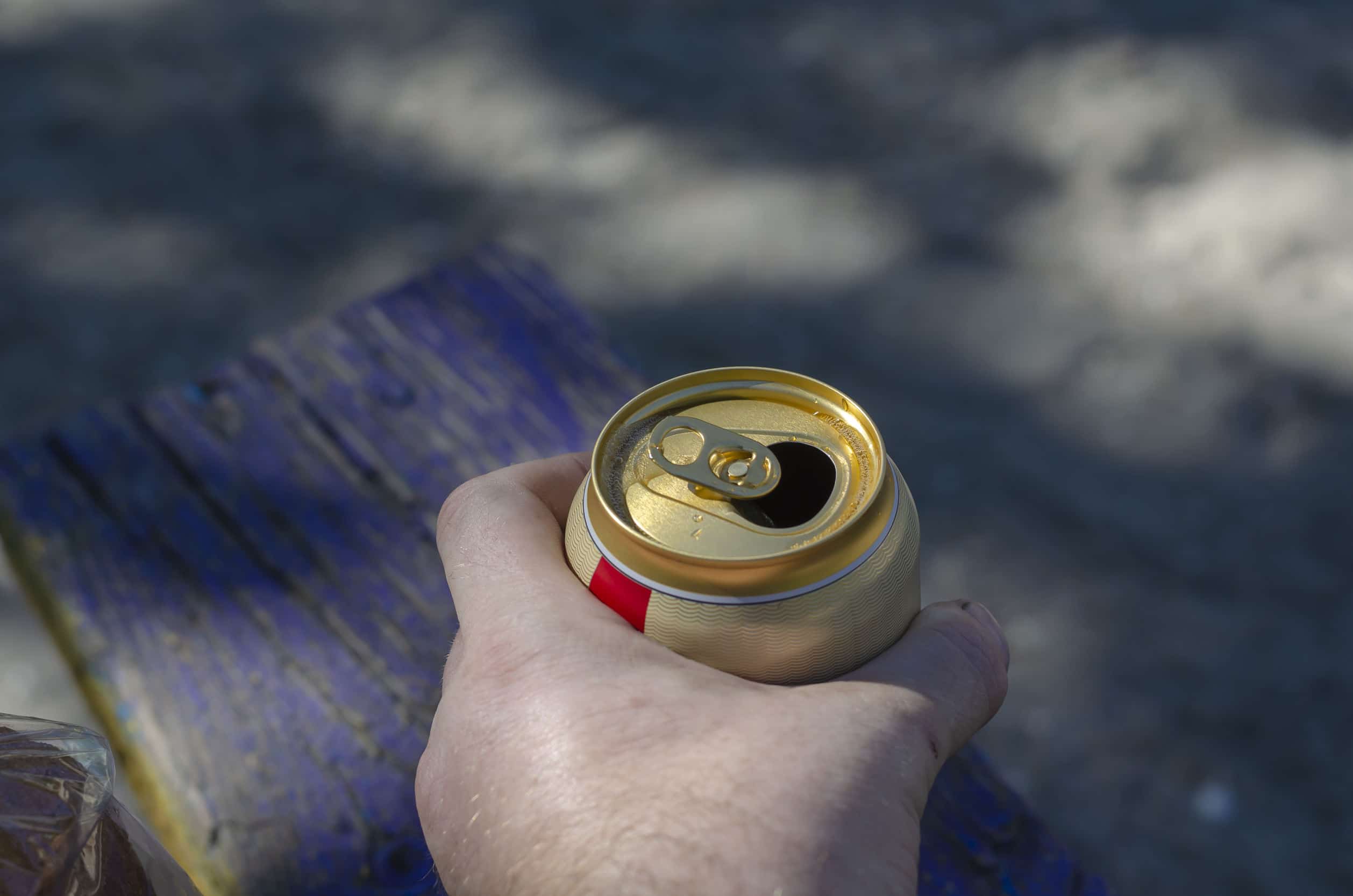- Under Texas Open Container law, is it illegal to have an open container of alcohol in your car?
- Can you drink while walking in public?
- Is it legal to drink in a limousine or party bus?
- Can you bring an opened bottle of wine home from a restaurant if it has a cork in it?
Texas open container law is complicated and contains specific restrictions. Most Texans don't know the answers to these questions. To help you avoid getting into legal trouble unexpectedly, let's take a look at the open container law in Texas
Most of the confusion lies between city or municipality laws and the ones that cover the entire state. In many situations, you can get into trouble for having an open container, no matter where you are in the state.
Learn below what you need to know about open container laws in Texas, why they’re confusing, and why some people don't even realize they are violating the law. Then, find out what you can expect if you’re caught breaking the law.
What is the Open Container Law in Texas?

The current open container law in Texas is outlined in the statute known as Possession of Alcoholic Beverage in a Motor Vehicle.
A person violates Texas open container law if they knowingly have an open container in the passenger areas of a car, truck, or other type of vehicle on a public highway. Also, it does not matter if the vehicle is parked, stopped, or fully in motion.
Can Passengers Drink Alcohol in a Car in Texas?
The short answer is no. Police officers can charge you with an open container violation even if you are not driving the car. As long as the vehicle is on a public highway, street, road, or interstate, having an open container of alcohol in the vehicle is a violation. However, there are exceptions to this rule. Let's take a look at some of the legal terms used in the Texas open container law.
What is Considered an Open Container?
First, it’s important to understand what is considered an open container under this law. Under the Texas statute, an open container is defined as a can, bottle, or another receptacle that has any amount of an alcoholic beverage in it that is open, that has any contents partially removed, or that has a broken seal.
Another part of the statute clarifies what is defined as the passenger area of a vehicle. This is simply where people can be in the car, but it does not include a locked glove compartment, the trunk, or the area behind the last seat in a vehicle without a trunk.
If the alcohol is in the glove box, a locked storage area in the car, the trunk, or the area behind the backseat if you have no trunk, then it’s not considered to be in the passenger area, and the open container law would not apply.
Is There an Exception to the Texas Open Container Law For Some Vehicles?
Yes. Alcohol can legally be transported and even consumed inside certain vehicles. The law specifically excludes vehicles that are used primarily to transport people who pay for the ride. For example, a taxi, limousine, or party bus can carry alcohol in the passenger area, and passengers can drink while inside the vehicle.
Also, people may transport and consume alcohol in the living spaces of a motorhome, trailer, camper, or RV. Of course, in all of these situations, the driver should not consume alcohol and could be arrested if they are driving while intoxicated.
Is Carrying or Consuming Open Alcohol in Public a Violation?
Many people believe it is against the law to consume alcohol in public places throughout Texas. There are a few specific locations where consuming alcohol is illegal, namely in state parks and in some cities that have passed laws to make public consumption illegal.
For example, Fort Worth passed a local ordinance on November 18, 2023, that makes it illegal to possess an open container or consume alcohol in public in the West Seventh Street entertainment district. Another Fort Worth ordinance makes it illegal to possess an open container or drink alcohol within 1,000 feet of a substance abuse treatment center or homeless shelter outside the central business district area. The city of Arlington has passed a similar law prohibiting the consumption of alcohol in public areas near homeless shelters or substance abuse centers.
Why the Texas Open Container Laws are Confusing
There is a lot of confusion about open container laws in Texas because there are many overlapping municipal and county jurisdictions that may vary from state law.
On top of that, the statewide laws regarding open containers in vehicles ignore any sort of actual impairment from alcohol on behalf of the driver or consumer. In other words, even if the driver and any passengers are legally not under the influence of alcohol, they could be charged with an open container violation simply because there is a re-corked bottle of wine in the passenger area of the car.
The open container laws in Texas also differentiate between public places in general and those that are allowed to sell alcohol in "extended-hours areas" or "standard-hours areas" as defined by the law. In these public places, alcohol consumption is prohibited during certain hours, usually including Sunday mornings, and before 7:00 am during the week
However, there are several exceptions that allow public possession and consumption of alcohol throughout the state. For example, public places that are permitted to sell alcohol may serve alcohol at specific times, even on Sunday mornings during fairs and festivals, at a winery or concert, and at sporting events. Violators of these time restrictions can be charged with a Class A misdemeanor.
Some people argue this is simply an excuse for the police to stop citizens who may not be causing any problems or committing any other type of crime. Although these violations are not felony crimes, an open container charge should not be taken lightly. For help avoiding a conviction for this charge, consult with an open container defense lawyer as soon as possible.
What are the Possible Penalties for Violating the Texas Open Container Law?

Regardless of any confusion surrounding the law, if the police find you in violation of Texas open container law, you can face legal consequences. Of course, driving under the influence of alcohol can lead to more serious charges than an open container, including being arrested for Driving While Intoxicated DWI. However, anytime you are charged with a criminal offense, you should take the situation very seriously.
If you are only cited for possession of an open container, it is a Class C misdemeanor. These charges usually involve receiving a ticket, and you could be required to pay a fine of up to $500.
It is important to remember that even a misdemeanor charge can show up on your criminal record, and any criminal conviction could cause trouble in the future. Depending on your prior criminal history (if you have one), a misdemeanor could make the situation worse and have a serious impact on your life.
Learn More About the Texas Open Container Law From the Legal Team at the Fulgham Law Firm
If you are facing an open container charge, you need to understand your legal rights and options. Reach out to the experienced Fort Worth criminal defense lawyers at the Fulgham Law Firm to have your questions answered. Call us today at (817) 877-3030 or fill out our online contact form to schedule a consultation.
About the Author:
Brandon Fulgham has an in-depth understanding of both Texas law and Texans themselves. Before practicing law here, he received his undergraduate degree from TCU and his law degree from South Texas College of Law in Houston. After graduation, he worked in District Attorneys’ offices as a prosecutor, building cases designed to put people behind bars. Now, he uses that knowledge to protect the rights of people in and around Fort Worth. He has been recognized for his work by Expertise (Best Criminal Defense Lawyers in Forth Worth and Best DUI Lawyers in Fort Worth, both 2020), The National Trial Lawyers, Fort Worth Magazine, and others.